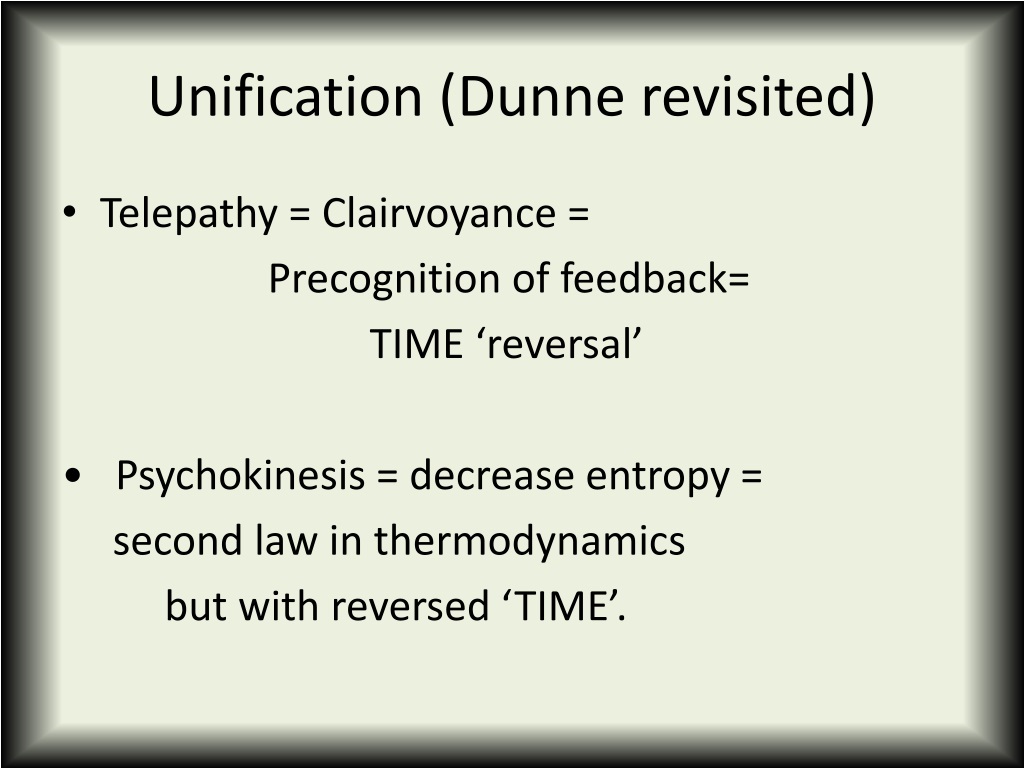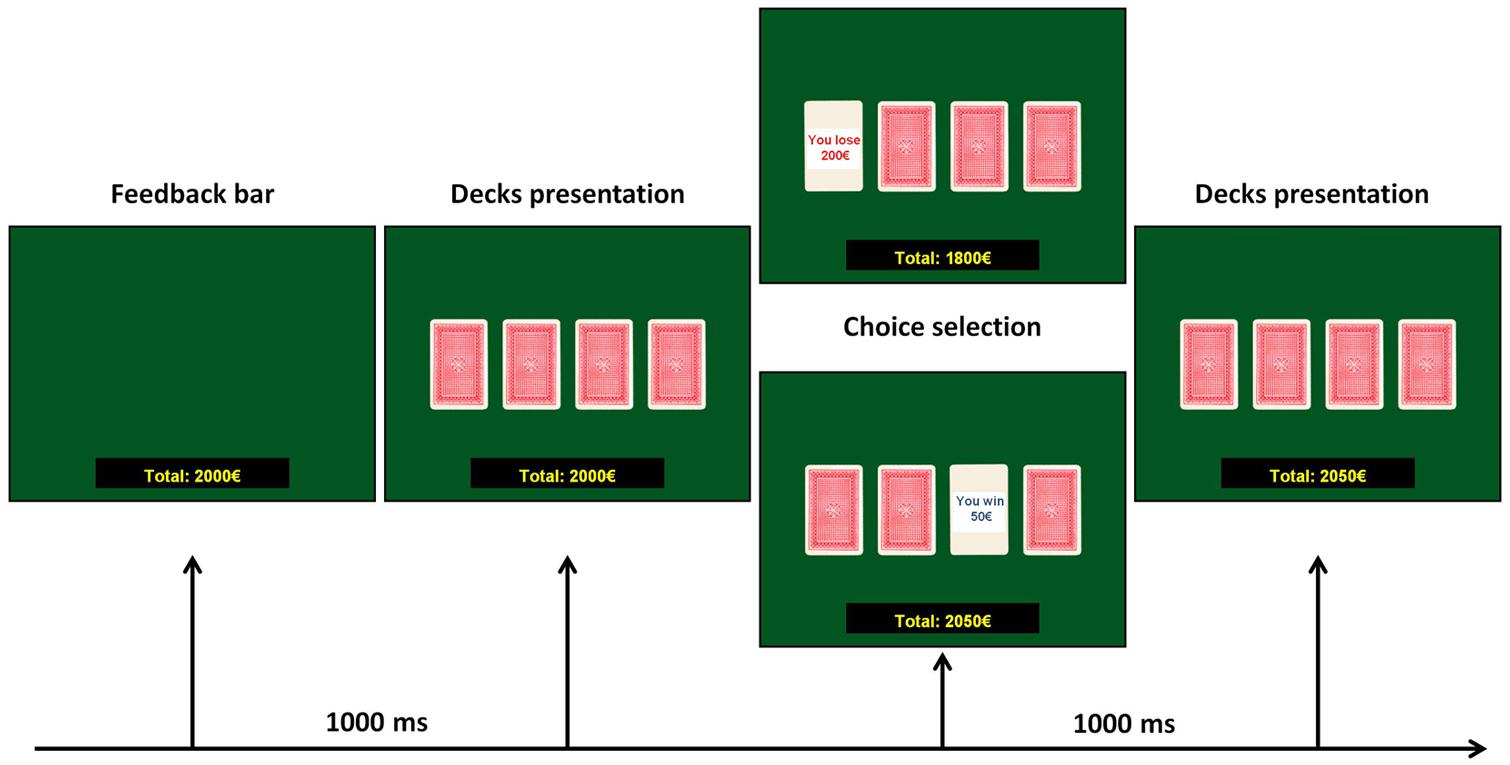Bechara Iowa Gambling Task
- Bechara Iowa Gambling Task Force
- Bechara 1994 Iowa Gambling Task
- Iowa Gambling Task Bechara Et Al 1994
- Iowa Gambling Task Bechara

Interest in the cognitive and/or emotional basis of complex decision-making, and the related phenomenon of emotion-based learning, has been heavily influenced by the Iowa Gambling Task. A number of psychological variables have been investigated as potentially important in understanding emotion-based learning. In the current study, we measured the affective decision-making abilities of children and adolescents 8- to 17-years-old using the Iowa Gambling Task (IGT; Bechara, 2007) in conjunction with a battery of established cognitive neuropsychological assessments. The Iowa Gambling Task (IGT) is a well-known experimental paradigm that was developed with the specific intent to assess complex DM associated with real life functional impairment (Bechara et al. 1994, Bechara et al. Studies using the IGT in individuals with schizo-phrenia, to date, have shown inconclusive results.
Contents |
[edit]About
In this test, subject chooses from one of four decks, each having a different reward schedule. This task is based on Bechara et al's so-called 'Iowa Gambling task'
In this procedure, subjects are given $2000 to begin. On each trial, they are given the choice of four decks,and after each card, they are given a reward of some amount; after some cards, they are givena reward and pay a penalty.
[edit]Notes
The penalty/reward structure is identical to that in Bechara et al.with 40 cards per deck, and the identical reward structure.When 100 cards have been selected, the task is complete.
Bechara Iowa Gambling Task Force
Unlike the real-world version, the deck is just rotated on each draw, so that the top card moves to the bottom of the 40-card deck,and so the sequence will repeat after 40 cards in the original order, rather than becoming exhausted after 40 draws.
[edit]Options
Bechara 1994 Iowa Gambling Task

- By default, the penalty cards are in the order originally published by Bechara et al. Setting shuffleDecks <- 1 (from 0) will shuffle the penalty decks
before the experiment. Shuffling is performed in 10-card epochs, so that the penalty in 1-10 stay in 1-10, etc.
- Baseline rewards for each deck can be changed as well, using the deck1Rew, deck2Rew, deck3Rew, and deck4Rew variables.
- The variable gUseMouse controls whether interaction is done using the mouse or keyboard input. Set to 0 for keyboard, 1 for mouse. It is 1 by default.
- The variable numtrials controls how many trials are used. Cards in decks get rotated from top to bottom, so there is no great danger of running out of cards.
[edit]Data Output
Data are saved to igt-X.txt, where X is the participant code. The columns are:

Each row is a trial. You are probably most interested in the proportion that each deck is chosen, which is the third column.
[edit]References
Bechara A, Damasio A. R., Damasio H, & Anderson S. W. (1994). Insensitivity to future consequences following damage to human prefrontal cortex. Cognition.
[edit]Research Using Test
- Kaare, P. R. (2008). Correlates of pathological gambling in Estonia: Personality, emotional states, self-esteem, cognitive ability and decision-making strategies. University of Tartu Master Thesis.
- Kaare, P. R., Mõttus, R., & Konstabel, K. (2009). Pathological Gambling in Estonia: Relationships with Personality, Self-Esteem, Emotional States and Cognitive Ability. Journal of Gambling Studies, 25(3), 377-390.
- Lipnicki, D. M., Gunga, H. C., Belavy, D. L., & Felsenberg, D. (2009). Bed Rest and Cognition: Effects on Executive Functioning and Reaction Time. Aviation, space, and environmental medicine, 80(12), 1018-1024. http://www.ncbi.nlm.nih.gov/pubmed/20027848
- Lipnicki, D. M., Gunga, H., Belavy, D. L., & Felsenberg, D. (2009). Decision making after 50 days of simulated weightlessness. Brain Research, 1280, 84-89. doi:10.1016/j.brainres.2009.05.022 http://www.ncbi.nlm.nih.gov/pubmed/19447099

[edit]See Also
Iowa Gambling Task Bechara Et Al 1994
Iowa Gambling Task Bechara
Bechara’s Gambling Task is more popularly known as Iowa Gambling Task (IGT) which was studied by Antoine Bechara, Antonio Damasio, Hanna Damasio, and Steven Anderson, researchers from the University of Iowa. In this psychological task, the participants’ decision-making skills were observed as they played a virtual card game. Four decks were presented and each one had cards that could give rewards or penalties through game money. Some decks were “good” in the sense that they tend to give more rewards and some were “bad” since they held more penalizing cards. The findings showed that most participants become fairly good at consistently choosing “good decks” after 40 to 50 selections. However, the participants with orbitofrontal cortex (OFC) dysfunction still continued to select the bad decks. Also, unlike their healthy counterparts, the patients with OFC did not show stress reactions in response to losing a lot of game money caused by choosing the bad decks.